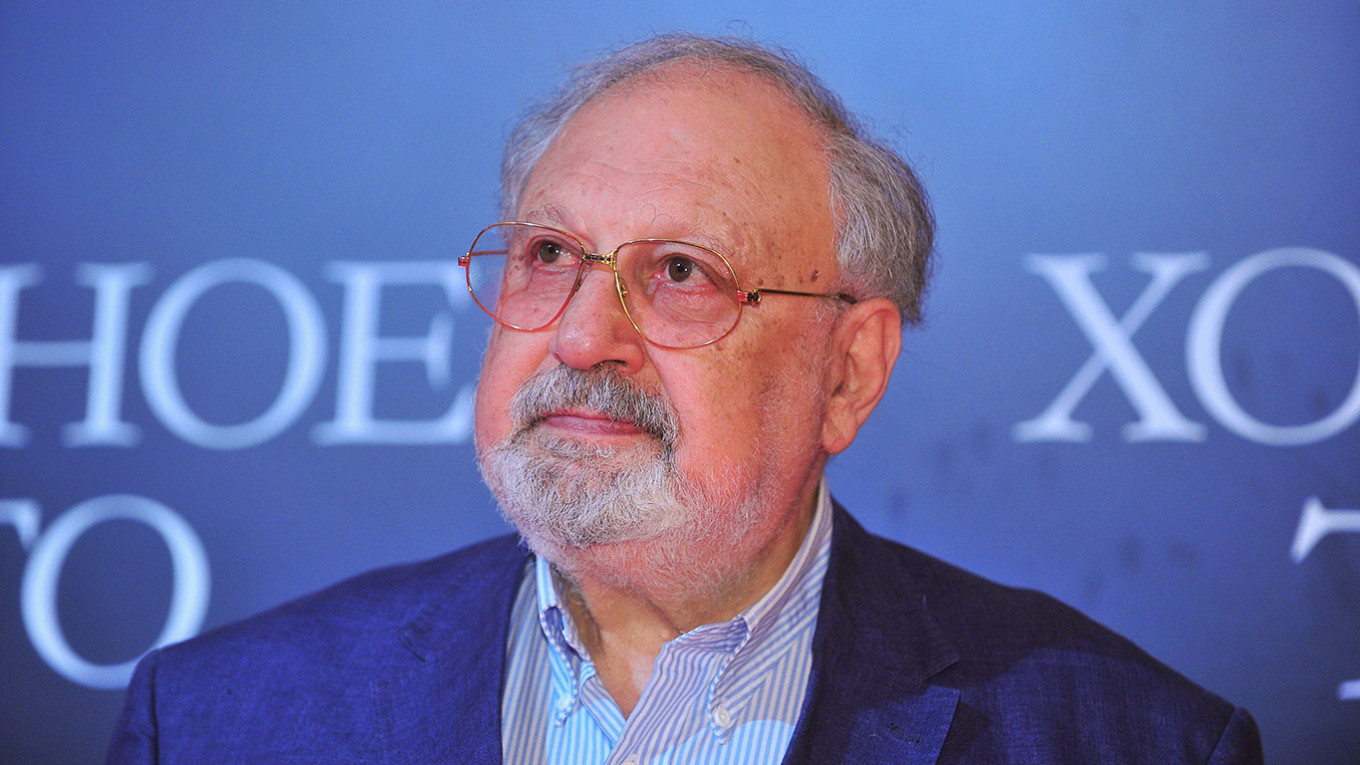The Soviet, Russian and Azerbaijan writer and screenwriter died in Moscow on March 11 after a long illness, his family reported.
Born in Azerbaijan Republic, Ibragimbekov graduated from the Azerbaijan Oil and Chemistry Institute and then the main cinematography institute in Moscow. He wrote and cowrote the scripts for dozens of films, as well as worked as a director and producer. He is best known for his feature films “White Sun of the Desert” (1970), written with Valentin Yezhov; Interrogation (1979); "Urga, Territory of Love" (1991), "Burnt by the Sun" (1994); "The Barber of Siberia" (1998); and “East-West,” written with Sergei Bodrov (1999).
Several of his films were directed by Nikita Mikhalkov — “Urga, Territory of Love,” “Burnt by the Sun,” and “The Barber of Siberia” — and won many foreign and Soviet/Russian awards. “Burnt by the Sun” won the best foreign language film Oscar in 1994. Later Ibragimbekov would break off relations with Mikhalkov over their opposing political views.
Ibragimbekov had many run-ins with the authorities in Azerbaijan and was believed to be the target of official harassment. He was the director of the Ibrus Theater in Baku, headed the Confederation of Filmmakers' Unions (CFU) representing filmmakers from all of the former Soviet republics, was secretary of the Russian Filmmakers' Union and a member of European Film Academy and Academy of Motion Picture Arts and Sciences. He was the recipient of countless awards for his work in cinema, the arts and social causes.
Ibragimbekov was honored at a ceremony in the Moscow House of Cinema and buried in Azerbaijan.
A Message from The Moscow Times:
Dear readers,
We are facing unprecedented challenges. Russia's Prosecutor General's Office has designated The Moscow Times as an "undesirable" organization, criminalizing our work and putting our staff at risk of prosecution. This follows our earlier unjust labeling as a "foreign agent."
These actions are direct attempts to silence independent journalism in Russia. The authorities claim our work "discredits the decisions of the Russian leadership." We see things differently: we strive to provide accurate, unbiased reporting on Russia.
We, the journalists of The Moscow Times, refuse to be silenced. But to continue our work, we need your help.
Your support, no matter how small, makes a world of difference. If you can, please support us monthly starting from just $2. It's quick to set up, and every contribution makes a significant impact.
By supporting The Moscow Times, you're defending open, independent journalism in the face of repression. Thank you for standing with us.
Remind me later.






